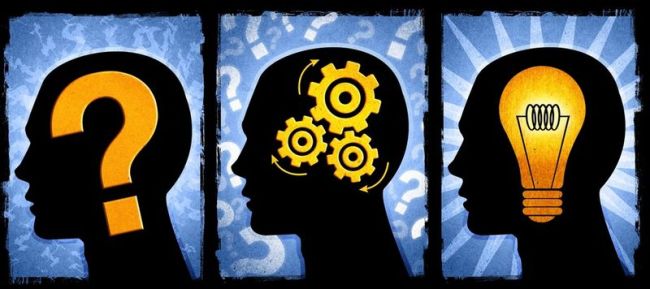There is a vision that Universities in the digital age will encourage the sharing, rather than purchasing of resources such as journal articles. This vision was shared by Aaron Swartz who took his own life in January 2013 so as to avoid a clearly unjust ruling. As a moral imperative, Swartz felt that information should not be made digital and locked away from the world, especially information that was tax-payer funded. He had been found to have downloaded millions of journal articles, redistributing them to a wider audience, free of charge (Smith 2013).
It was said that Aaron Swartz should be made an example of for his ‘malicious intent in downloading documents on a massive scale’ (Emptywheel 2013). This is a gross exaggeration to say the least, when an individual is attempting to free information (taxpayer funded) for the betterment of the people.
In a world where communication systems are developing and becoming global, it is increasingly problematic that information is still restricted, to be accessed by those who either pay, or are being paid. ‘Only by openly sharing can our intellect and education really grow’ (Arvanitakis 2009).
So just briefly, since the Aaron Swartz tragedy, a U.S Policy has decreed that Tax-Payer funded research will be freely available for one year post-publication (Smith 2013). Let us all drop the pretense and call their bluff! While it would be nice to see Universities and publishers allowing free access to information for students, it is a dream as likely to come as a girl flying over a rainbow and landing in OZ. Publishers have very few incentives to make access to their journals free.
One must ask: With Universities digitalising and the availability of education rapidly growing, why is information still largely inaccessible?
References
Arvanitakis, J 2009, ‘The autonomous university and the production of the commons’, toward a global autonomous university, (eds) The EduFactory collective, Autonomedia, New York
Emptywheel 2013, ‘DOJ Used Open Access Guerilla Manifesto to Justify Search of Aaron Swartz’ Crooks and Liars, 21 February, available: http://crooksandliars.com/emptywheel/doj-used-open-access-guerilla-manifesto
Smith, G 2013, ‘White House Grants Aaron Swartz’s Wish: Taxpayer-Funded Research Will Be Free’, The Huffington Post, 25 February, available: http://www.huffingtonpost.com/2013/02/25/aaron-swartz-white-house-taxpayer-funded-wish_n_2758744.html
Swartz’ Crooks and Liars, 21 February, available: http://crooksandliars.com/emptywheel/doj-used-open-access-guerilla-manifesto
The Enlightened Economist 2013, ‘The economics of open access publishing’ accessed 17/04/2013, available: http://www.enlightenmenteconomics.com/blog/index.php/2013/04/the-economics-of-open-access-publishing/

